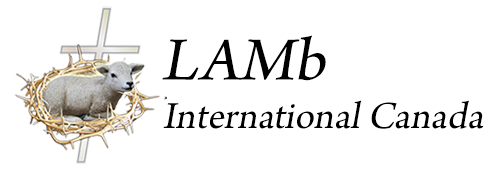PRESERVICE TRAINING CURRICULUM FOR FOSTER/ ADOPTIVE/ KINSHIP CAREGIVERS
This comprehensive training program is designed to prepare adoptive parents, foster and/or kinship caregivers to care for a child in need of a family.
Curriculum Premise
Advance preparation to care for children who have been removed from their homes, abandoned or in need of substitute care is critical for the success of the placement. Disruptions can be reduced dramatically if first there is a thorough assessment of the caregivers’ strengths, readiness and appropriateness for adoption and/or foster care. Secondly, disruptions are reduced when adoptive parents and caregivers fully understand the child coming into their home and they are prepared to meet the child’s unique needs.
Curriculum Foundation
This curriculum was developed by the Institute for Human Services based in Ohio. It is the result of many years of training, consultation, and data gathering. The developers are experts in the field of Child Welfare representing both the United States and Canada.
Presently the curriculum is legally mandated by several states and provinces. The material represents “best practice” in the field and has been tested against practice across the United States and Canada.
Curriculum in Other Countries
This material is being used in Bosnia, Kyrgyzstan, Bulgaria, Ukraine, United States and Canada. It is the desire of LAMb International to:
- • Offer this curriculum to additional countries, fully translated into appropriate languages.
- • Train national trainers to propagate this curriculum.
- • Provide consultation on issues surrounding Child Welfare.
OUTLINE OF PRESERVICE TRAINING CURRICULUM FOR FOSTER/ ADOPTIVE/ KINSHIP CAREGIVERS
Sessions are 3 hours each.
- I. Orientation and Overview of Foster Care, Adoption, & Kinship Care
- II. The Parent as Part of the Child Welfare Team
- III. Child Abuse and Neglect
- IV. The Effects of Abuse and Neglect on Child Development
- V. Attachment and Separation
- VI. Discipline
- VII. Cultural Issues in Placement
- VIII. Primary Families
- IX. Caring for Children Who Have Been
- X. Sexually Abused
- XI. Effects of Caregiving on the Family
- XII. Permanency Issues for Children
- XIII. Permanency Issues for Families
TRAINING OF TRAINERS
Contact us to learn how we can train trainers to deliver this critical material in your organization, system or country.
